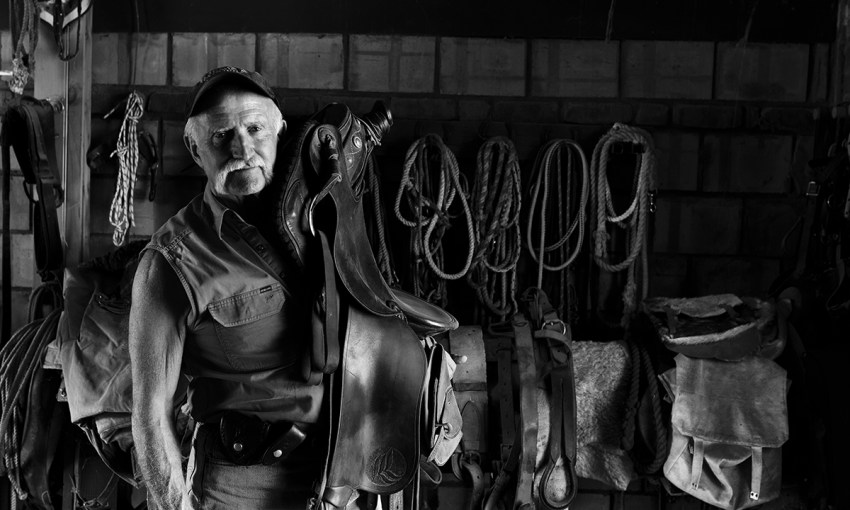On the surface, Tony Lian-Lloyd is a horse-riding, saddle-making cowboy from Quorn. But look a little closer and you will see a rural doctor passionate about his outback town.
Outback healthcare: The good doctor
In the late 1960s, Salesian College in Adelaide’s western suburbs was a melting pot of boys from varied ethnic backgrounds and teachers with astonishing life stories.
“We had this one teacher we used to call Tin Teeth. He had all these metal teeth because he worked for the Czech Underground and the Gestapo got hold of him and knocked his teeth out with a hammer,” says Tony Lian-Lloyd.
The college was the place where Tony first remembers feeling the empathy that would eventually make him such an outstanding doctor. He recalls a fellow student – a little blonde boy with round horn-rimmed glasses – who was bullied.
“I had empathy for him and tried to be friendly, but it was hard to show support there because of the social pressures. I held back a bit and I always felt guilty for that. I developed a soft heart for the underdog,” he says.
The little blonde kid turned out to be Les Kaczamrek, the late original bass player for Cold Chisel.
Eventually, Tony left school, having struggled with acalculia – often referred to as “number dyslexia”. His family originally came from the land and all he wanted when he was younger was to be a cowboy, so he headed to the bush. Tony says he was born in the wrong era and would have been completely at home in America in the 1800s, hunting beaver fur in the mountains.
He somewhat followed through on his boyhood dream and, while in the bush, made friends with Don Anderson, who went on to become one of the country’s best cardiovascular surgeons. It was this friendship that changed the course of Tony’s life and inspired him to go back to school.
It was no simple task getting through medical school as a mature-aged student with acalculia, but Tony persisted, always with the intention of practicing rurally. “I pursued training in surgery, anaesthesia and obstetrics. I did all the post-grad things I could do to give me the skills I thought I needed to be a competent rural doctor.”
The way Tony tells it, there’s an art and a science to medicine. “If you’re a background boffin in pathology, obviously you favour the science. But if you’re in clinical coalface medicine, like rural practice, it’s very much about the art.”
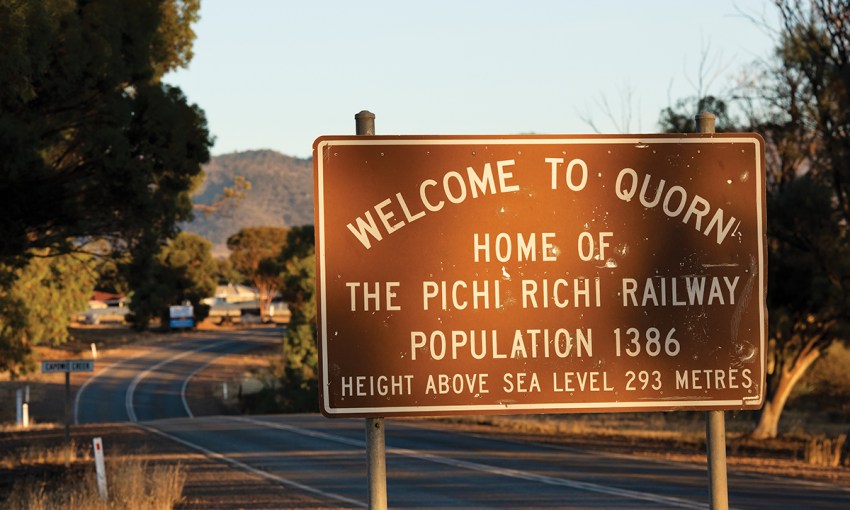
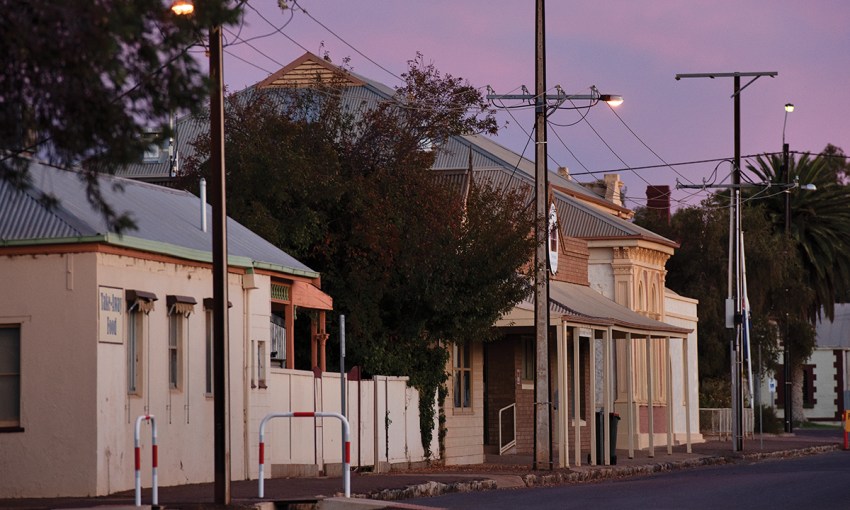
For Tony, the art of his job is evident in the ways he interacts with his patients, who are naturally also his friends, as he has now lived in Quorn for three decades.
“In a community like this, your friends are your patients and they know that I have to have my downtime,” he says.
“I set the tone 30 years ago that when I’m not working, I’m not working. You don’t talk shop and you have your own family and commitments.”
That means there are no consults in the middle of the pub after knockoff. “One of my friends, who is a doctor in Clare, said someone did that once to him in a pub and he said, ‘Right drop your dacks, let’s have a look.’ I’m not that smart or that quick, but setting the tone early helps.”
Although he gave up obstetrics four years ago, Tony delivered just about all the children and young adults in the town.
“It’s very satisfying because you can watch these kids grow up and often when they get a bit older, they go a bit feral and their parents will bring them to me to sort them out. Because I delivered them and have known them their whole lives, what I say has a bit of clout.”
On the other end of the scale, Tony makes sure he attends all his patients’ funerals.
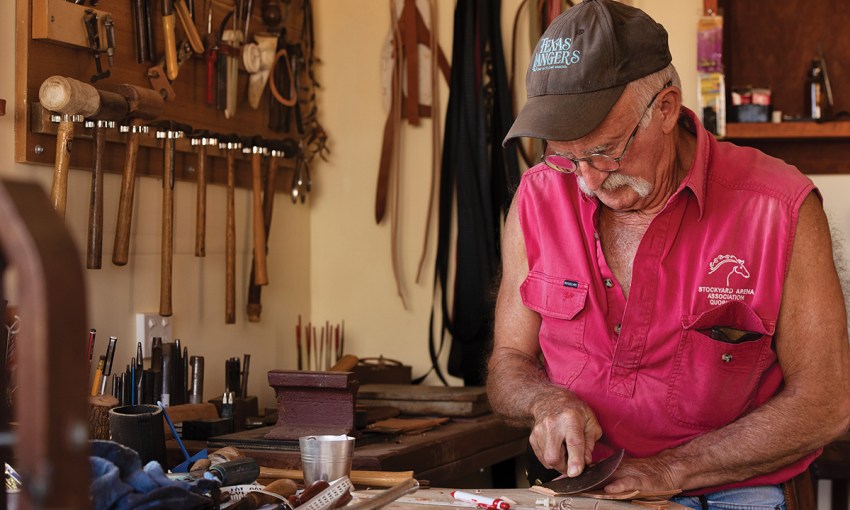
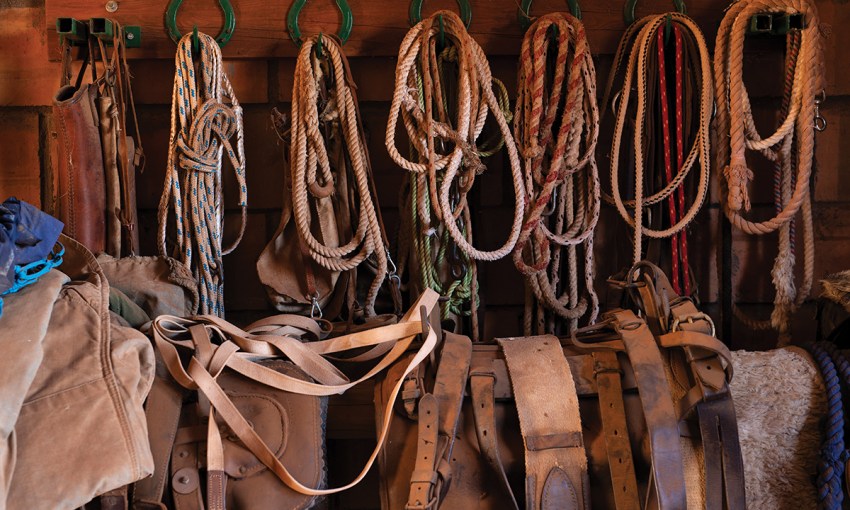
Tony is a laid-back individual, but he turns serious when the issue of rural health is raised. He believes that a re-jig of the healthcare model in country South Australia 15 years ago has had lasting negative effects.
“There are huge issues at the moment in rural Australia and there have been in this state for more than 30 years. Liberal and Labor governments in this state and, to a lesser degree, nationally, have failed to grasp the genuine threat of the loss of workforce and the loss of hospitals.”
All talk, Tony is not. He’s worked tirelessly to train medical students in the hopes of rebuilding the medical workforce in regional and rural areas. At 67 years old, he knows that one day, he’s going to need someone to fill his chair.
“I’m past retiring age and, for all sorts of reasons, it’s very hard to get people to commit to rural health practice.
“Especially in the country, it’s a serious commitment. I’ve been in solo rural practice for 30 years and it’s 24 hours a day, seven days a week; year in, year out.”
He says he’d like to slow down, but it’s hard for rural doctors to just stop. “I find it harder as I get older to do the hours I do and I’d like to slow down. But, try as I might, there’s nobody who’s going to step into a community like this in a hurry.
“I can’t just walk away but, at some stage, I’m going to have to say to the town that I’ve got 12 months left and then I’m retiring.”
Tony tells his students the key to avoid medicine consuming them is having a consuming passion outside of medicine. Horses have been that passion for Tony.
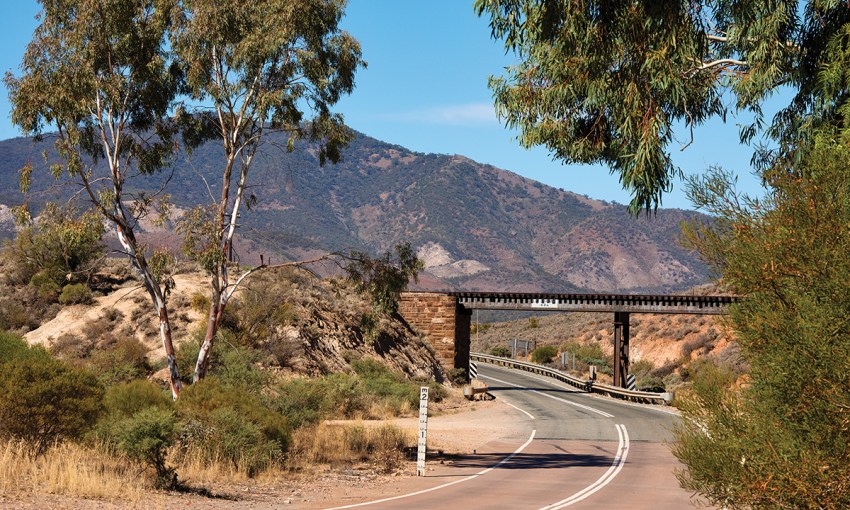
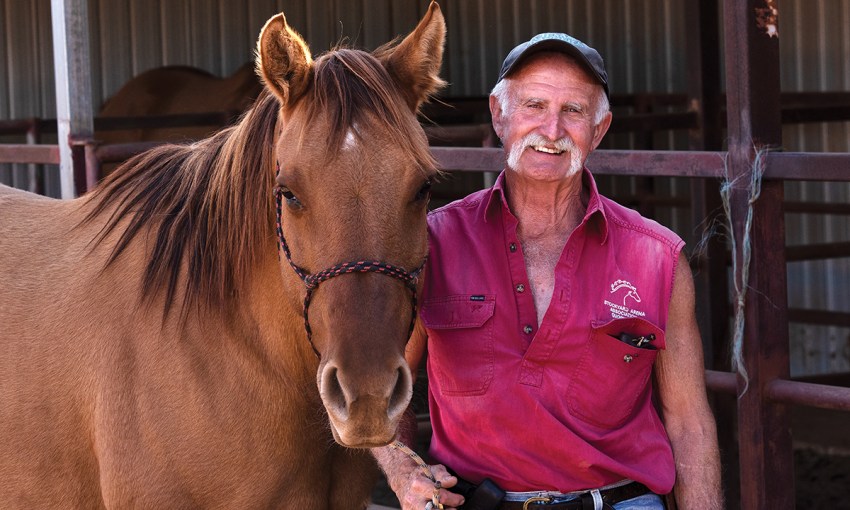
He lives with wife Nes, a director of medical services for Port Augusta and Whyalla, on a small farm and being on the land is his time to switch off. He and Nes have two children, both living overseas. Chris is a classical pianist in Berlin and Josephine lives in Canada with her own young family. When she was young, she fell in love with the idea of ice hockey, having been a fan of the film Mighty Ducks.
“I said, ‘Joey, you come from the driest part of the driest state in the driest continent and you want to play ice hockey!’ But she went to boarding school in Adelaide where she learnt to play and became quite good. She played in Canada before she had her kids.”
Initially, Tony says it was a task to convince Nes to move to the country, but they love their life in Quorn.
During their time there, the community has changed a lot. “We’re in drought again – we got 3.5 millimetres the other day and that was the first rain at all in the past year. It’s very dry and dusty.
“When I first started, there were a lot more people working on the land.”
But he says tourism is now an important part of life in Quorn. The Pichi Richi Railway brings in visitors, who appreciate the way the town has been kept very much in its historical context.
Tony says restrictions on travel were good for the town, with an influx of tourists and there’s also been a bit of money spent locally on infrastructure.
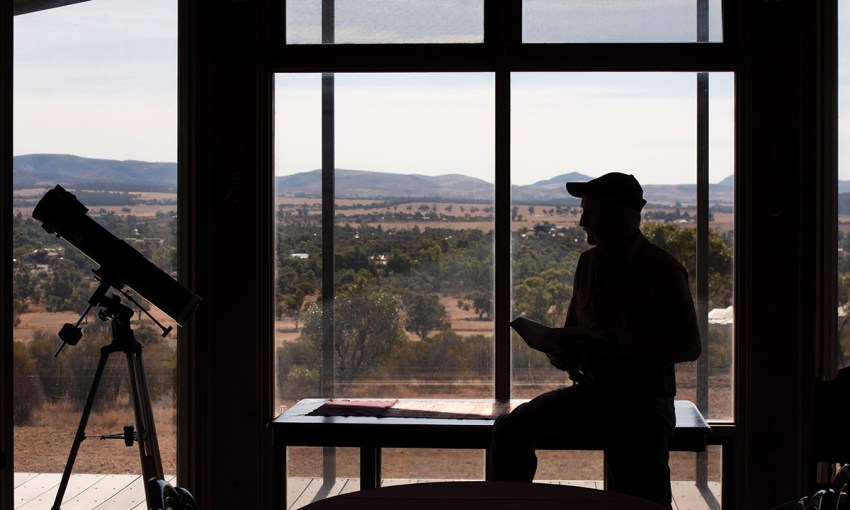
The doctor says one of the beautiful things about the town is its multiculturalism – at one point, he recalls there being 17 different nationalities among just 1500 residents.
When he’s at home, Tony can most likely be found in one of his seven sheds, some of which are used for his hobby as a leather craftsman – which helped put him through medical school.
And during the evening, he and Nes often enjoy the unrivalled sense of calm their home offers.
“We’re on a hill so we’ve got almost a 360 panorama and out there with a full moon, it’s just mind-boggling.”
This story first appeared in the June 2021 issue of SALIFE magazine.



